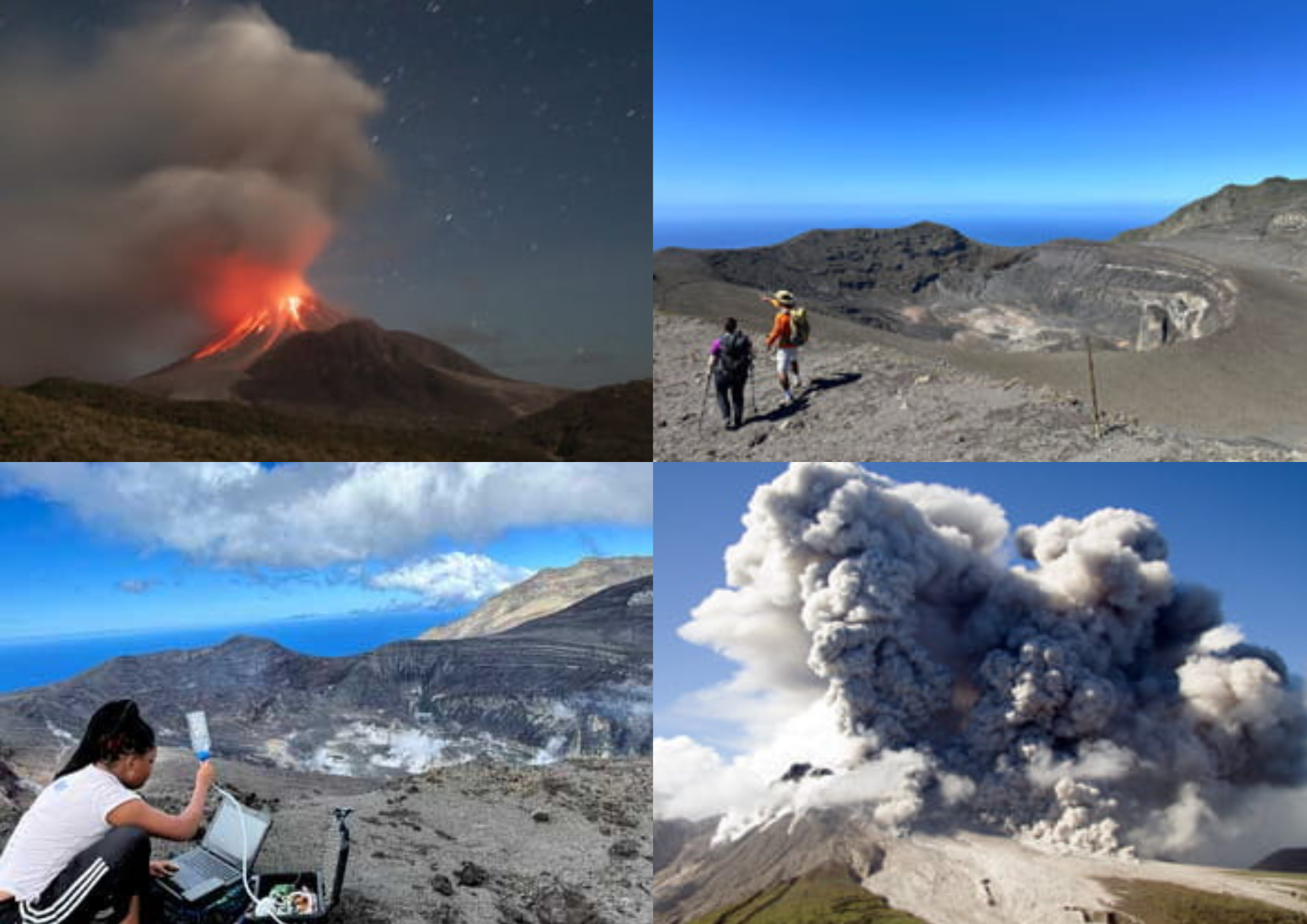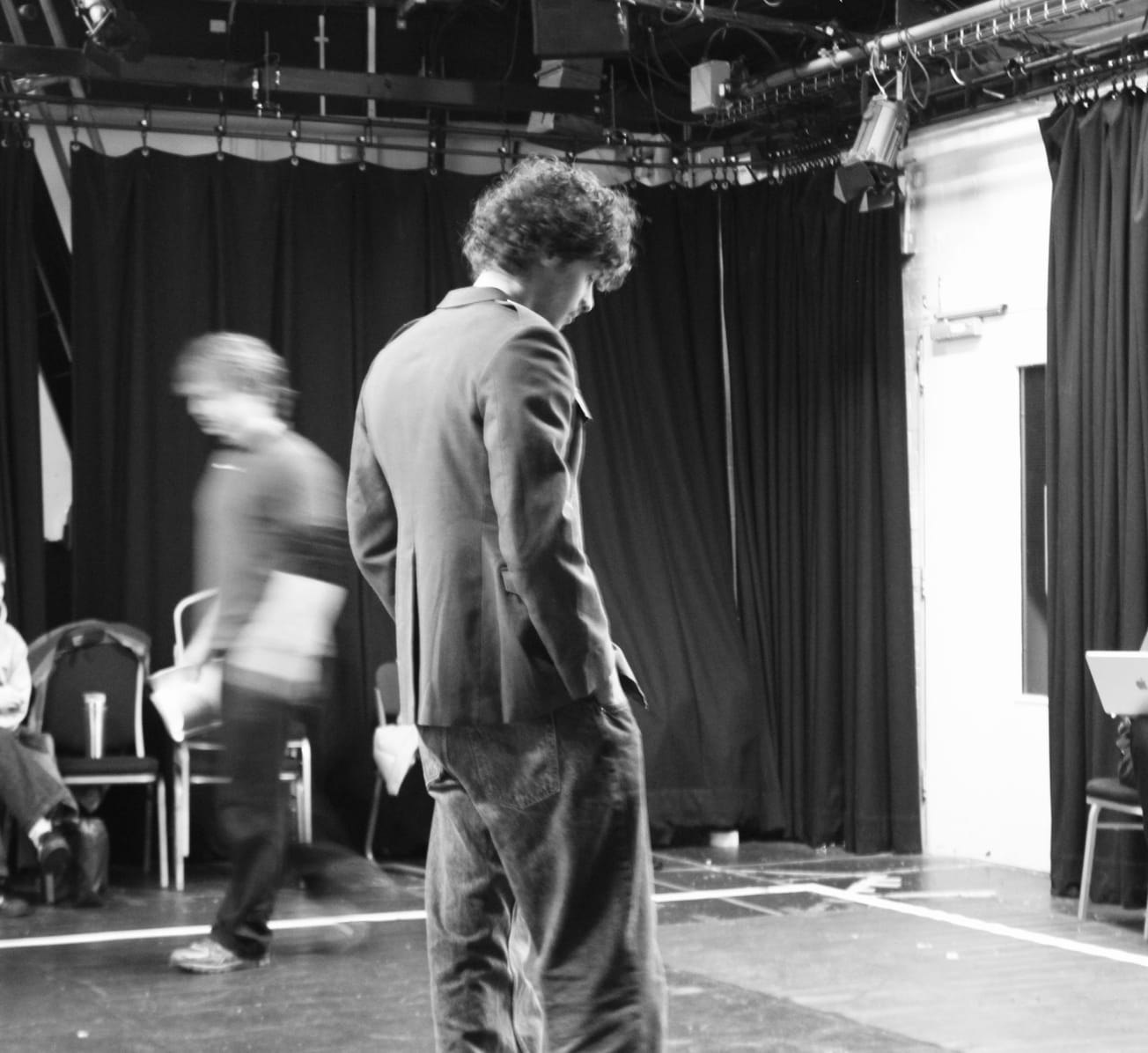By Hannah Cahill, 4th year Biochemistry
Viewing media coverage of traumatic events may cause long-term PTSD-like symptoms.
We now live in a world where all news coverage is at our fingertips. Long-gone are the days of waiting for the 6 o’clock news to find out what is going on in the world – it is now a matter of minutes until the BBC Breaking News notification goes off, or Lad Bible churn out a 3-minute read.
But this constant barrage of current events can be extremely detrimental to our mental health, especially concerning horrific and traumatic events. New research has indicated that the more we submerge ourselves in the gritty details of terrible events, the more our likelihood of developing post-traumatic stress symptoms increases. What’s more, we will probably go on to consume more distressing coverage of later events.
A longitudinal study by researchers at the University of California has revealed there may be a positive feedback loop regarding our media consumption and its effects on our mental health. Researchers surveyed 4400 US residents on their media consumption immediately following the 2013 Boston marathon bombing, two years after, and five days after the 2016 Pulse nightclub shooting in Florida.
They found those who consumed more media coverage of the Boston Marathon attack were more likely to exhibit post-traumatic stress symptoms and to worry about future events of mass violence two years on. These individuals then went on to consume more media of the Pulse nightclub shooting. This suggests that instead of becoming desensitised, individuals appear to become more emotionally responsive to traumatic events. The study has revealed a cyclical relationship of high distress fuelling more media use, which in turn leads to greater stress.
This cycle, although seemingly self-destructive, probably has useful origins. Our brains are programmed to pay attention to threats and risks to our lives, which is why it is difficult to ignore negative things – the so-called negativity bias. This is what drives us to consume more information about horrific events, along with a desire for a rational understanding of the world.

But we simply aren’t rational enough to understand the amount of information and risk that mass media exposes us to. Our brains evolved to assess risk and probabilities of events occurring over an average human lifetime, in a narrow circle of people we know and see regularly. With mass media and the power of social media in spreading news, we can access stories about events that have happened to any of the 7 billion people on the planet, at any moment. Our judgement of the risk of these events on our own lives is extremely skewed, and our mental health is being damaged because of it.
Unfortunately, it is not just our mental health that is taking the hit. High stress from consuming negative media can trigger the release of the stress hormone cortisol, which has been implicated in the onset of cardiovascular disease, inflammation and other health concerns. This has been most notable regarding the 9/11 terror attacks. In the months following, there was a doubling in fatal heart arrhythmias in Manhattan and a similar pattern was noted in Florida, indicating that just watching the events unfold on TV was having a negative impact on people’s hearts. Across America, cardiovascular ailments rose by 50% in the three years following 9/11.
Post-traumatic stress symptoms were noted in a huge number of Americans following 9/11, and in pregnant women this was linked to a rise in low birth weights and pre-term births. Perhaps even more disturbing was the finding that the post-traumatic stress symptoms in pregnant mothers was correlated with similar symptoms in their children, years later. The mothers had, in a sense, imprinted their stress onto their children, even though they had not been physically present for the attacks.
It is emerging that the media’s reporting on traumatic news events has much greater power than was ever considered. It would be nice to assume that these findings will trigger a rethink of how the media use this power, and the policies that control them; however, this is unlikely. In fact, media coverage of news is becoming increasingly visually shocking, with the use of videos and audio clips taken directly at the events, which is only going to increase their stress-inducing factor.
The way we consume news is changing fast, and mass media needs to appeal to fast-paced consumption through sensationalising events to stay relevant – the media isn’t going to stop feeding us the juiciest stories they can find any time soon. Instead, it’s probably wise for us as individuals to consider how we engage with news coverage; allowing maybe one hour a day for updates, and leaving the rest to think about our own lives.
Featured Image: Unsplash / Nijwam Swargiary
Want to get involved? Get in touch!









